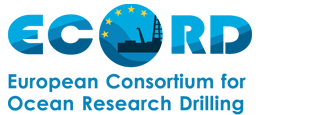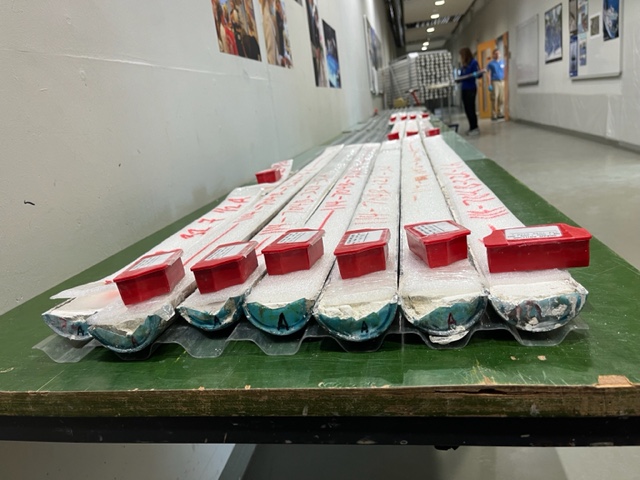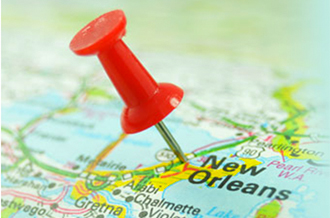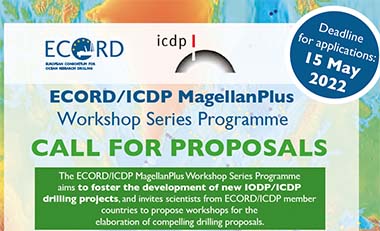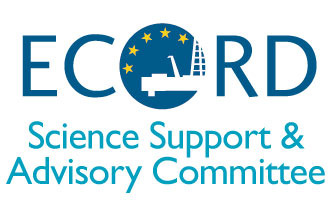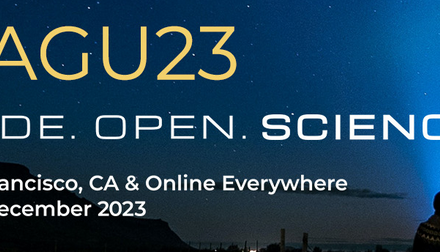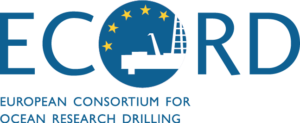MagellanPlus 21st Century Drilling workshops – Building capacity in the digital domain using scientific ocean drilling legacy material
The success of 55 plus years of scientific ocean drilling through the International Ocean Discovery Program (IODP) and its predecessors has given the community a wealth of legacy material stored in the IODP repositories and databases. Advances in dedicated Earth Science data science software now make it possible to generate digital representations of cores and use these as a primary data source. There is significant scope for integrating these “virtual cores” and data derived from them with re-analysis of the physical legacy cores stored in IODP’s three core repositories. This integration offers one pathway to increase the capacity and utilisation of legacy material.
This week, the Bremen Core Repository at MARUM has hosted the second of two 21st Century Drilling Workshops funded through the ECORD MagellanPlus scheme. As part of these linked workshops, we are bringing together a group of international scientists to explore best practices for combining digital- and repository-based activities to enhance capacity of scientific ocean drilling in the digital domain. We are focussing on South Atlantic cores so we can use the data we collect to trace changes in ice rafted debris (IRD) and biological responses to shifting Antarctic fronts in the Southern Ocean in response to Miocene ice volume variability.
During the MagellanPlus 21st Century Drilling Workshop series, we were joined in Bremen by a wide range of international researchers to form teams for Biostratigraphy, Core description and Geochemistry-Physical Properties, with a digital team spanning all three groups. The teams were made up of experienced scientists and early career researchers (ECRs, including PhD students) alike and included both those with prior (shipboard) experience or those who have not had the opportunity to participate in an IODP expedition or activity before.
We were especially happy to have a wide range of PhD students join us, as these workshops were also aimed at training ECRs (PhD, postdocs) in digital competencies and shipboard methods. Ahead of both workshops, we held several online meetings to introduce the participants to the workshop goals and to their teams. During both Workshops, the participants combined new digital core data with reassessment of physical cores from three Miocene ODP sites in the South Atlantic. At Workshop 1, which was held over five days in April 2024, we were joined by 19 researchers from seven countries. We focussed on Site 704 and with the help from the MARUM´s repository team, we made our way through a whopping 42 cores and 262 sections.
At Workshop 2, we have eight days in total, and are joined by 22 Researchers from nine countries. We will be tackling two sites, and trialling something you would normally never do while coring on a ship: working along a composite splice! This approach should let us get through a mammoth 63 cores and 342 sections. We plan to follow up the in-person workshops with online synthesis meetings to develop best practices for digital analysis of legacy materials while aiming to advance our understanding of changing IRD patterns and biological response to shifts in Antarctic ice volume and Southern Ocean frontal systems during the Miocene.
The two MagellanPlus workshops have been part of a wider 21st Century Drilling Umbrella effort focussing on revisiting legacy material at IODP repositories, with J-DESC’s RECORD ReC23-01 taking place at the KCC in August 2023, and the USSSP 21st Century Drilling workshop to be held in early 2025 at the GCR. Each workshop team has carved its own path appropriate to the material being worked on. But the international IODP spirit was a steady constant throughout. We’re looking forward to sharing more of our repository-escapades with you all in future.
The Organising Committee of the MagellanPlus 21st Century Drilling Workshop series are Anna Joy Drury, Ulla Röhl, Beth Christensen, Gerald Auer and Thomas Westerhold.
More information about the Workshop
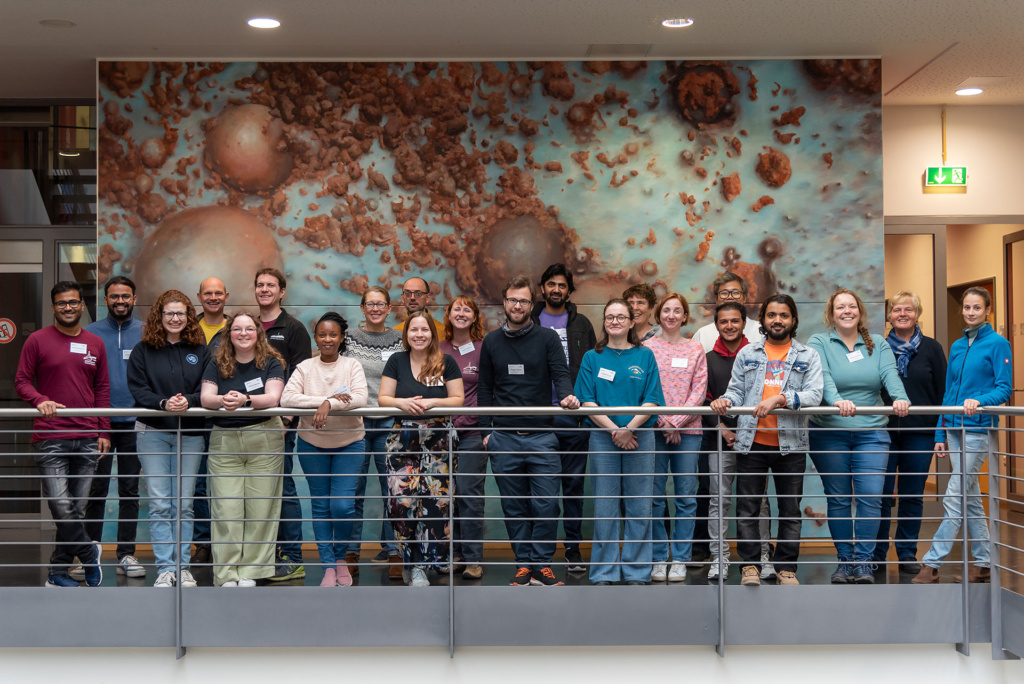
Group picture of the lecturers and participants of the second MagellanPlus-Workshop at MARUM. Photo: MARUM – Center for Marine Environmental Sciences, University of Bremen; V. Diekamp
